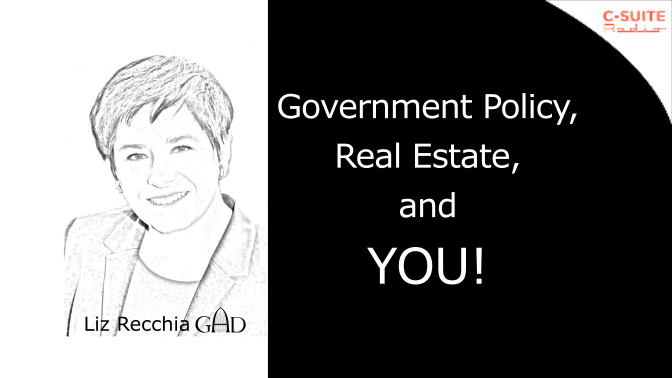
Yes, housing is rising in price, and here are some of the reasons.
Interest Rates and Credit
Increased interest rates for both builders and their customers are helping to increase overall housing prices, both rental and purchase product.
Tightening credit conditions over the past four months continue. Since last December lenders have increased interest rates for land acquisition loans, land development loans and single family construction loans. Multifamily lenders have shown similar behaviour.
The majority of these loans (60% to 80%) made in all of the above categories are tied to the prime rate or another fluctuating index (LIBOR, Treasury, etc.). According the National Association of Home Builders, and local builders I have spoken with, lenders have also reduced the amount they are willing to lend, even to builders they have worked with in the past. Lenders are adding points to the base interest rate of the loan in all categories. Leading to the increased effective interest rates which includes both the base interest rate and the points.
Multifamily builders have experienced significant cost increases due to materials delays. Concrete, Asphalt, Gypsum, and other products necessary to complete buildings have been in short supply creating significant construction delays. WeSERV is aware of multifamily buildings with delays of several months due to missing water pumps, unavailable concrete, unavailable asphalt and lumber. Labor and Material shortages continue to plague the building industry. With that shortage comes increased prices for materials.
As of July 2022, the National Association of Home Builders estimates the increase in price for softwood lumber alone added $14,345 to the price of a new single family home and $5,511 to the price of a multifamily home unit.
Buy America/Build America
In the Infrastructure and Jobs Act of 2021, there is a provision to “Buy America” preference when building the nation’s infrastructure. OMB, the Office of Management and Budget, recently released the first phase of its construction rules and has begun implementing them.
The OMB rules apply to any federally funded (in part or in whole) infrastructure project, including housing. The OMB has issued standards for all manufacturing processes and a list of products considered construction materials. Examples of these materials are glass, lumber, and drywall. In addition to construction of homes, these rules attach to broadband infrastructure, utilities, water and wastewater systems, roadways, places of public accommodation, and projects serving a public function.
WeSERV Government Affairs
Our next government affairs orientation and committee meeting are on June 7th. The orientation will be from 9:30am to 10:30am at our Peoria office. The government affairs meeting will be immediately following at 10:30am.
You may attend these meetings in person or via zoom. Go to weserv.realtor to register to attend in person or via zoom.
WeSERV GAD: Advocating for private property rights, the right to private contract and YOUR business!
